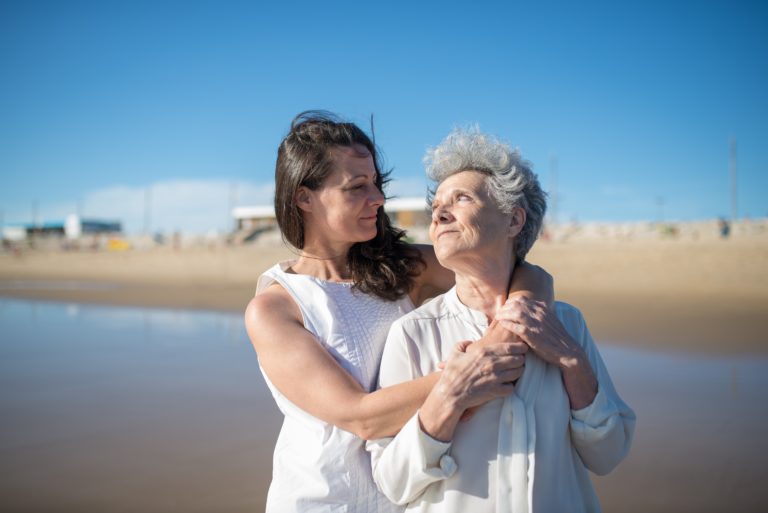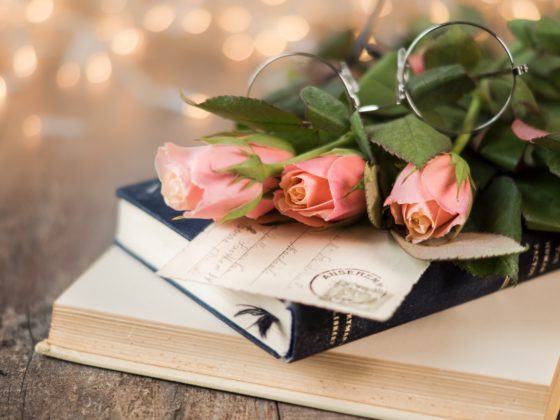Originally published at www.lantern.co
Author: Liz Eddy
I’m 29, and I’ve dedicated my life to death. I get a lot of mixed reactions to this: shock, an uncomfortable giggle or, most often, a series of confused follow-up questions. We created Lantern, a public benefit corporation, to provide a single source of guidance for navigating life before and after a death. The keyword here being life. Our primary focus is on preserving a life well-lived and ensuring those you leave behind can navigate the complexities of a loss with confidence and ease.
My career choice can be a great conversation starter… and ender. But, in this work and through personal experience, I’ve learned this conversation shouldn’t be optional. Doing your own end of life plan is one of the most selfless things you can do for the people you love. Without one, your loved ones are left to not only navigate their grief but also years of unanswered questions, anxiety, and an overall legal/logistical nightmare.
I started on this path after my grandmother passed away two years ago. She was 96 and seemingly had her affairs in order. She had a will, and her POA and advanced directives were in place. Check, check, and check. Still, we had many unanswered questions about accounts, passwords, what to do with belongings, and so on. This can all be avoided with a simple conversation and some thoughtful planning.
So, you’re sold. The conversation needs to happen. But, how do you do it without totally freaking out your kids?
- First, come to terms with it yourself. We always like to remind our users that having your affairs in order doesn’t mean you’ll die sooner. However, superstitions are ever-present and bringing this up to your loved ones can be incredibly awkward. Feeling confident in your positioning and decision making heading into the conversation will make it much easier. Plus, research shows acknowledging your own mortality can make you a happier person with stronger relationships.
- Start with the lighter stuff. Recipes, stories, photos. Diving directly into your will and assets often feels impersonal and awkward. Most people don’t like to talk about money, especially when inheriting it means you’re gone. Start by discussing how you want to be sure certain memories or recipes are passed onto future generations. Share photos and write descriptions so your kids know who’s pictured and where it is.
- When it comes to talking business, be direct. At a certain point, you will need to dive into the nitty-gritty of paperwork, assets and so on. When it comes to this stage; be direct and honest. You don’t want there to be any confusion on responsibilities, especially for your chosen executor. Find a quiet and private place where you can walk through each point on your end of life checklist (don’t have one? You can find it at Lantern.co).
- If there are fingers in ears, remind them this is not only normal but responsible. Talking about your own future death can be really hard on anyone. But, it’s important to remember that we die the way we live. If we are unprepared, messy and chaotic, your kids will be just as unprepared, messy and chaotic after you die.
- This is an ongoing conversation. It’s good practice to review your own insurance policies and end of life plans on an annual basis to account for changes in owned property, health status, marital status, and so on. Use this annual review as a time to also review these changes with your children or other beneficiaries.
While the conversation can be challenging for a number of reasons, it’s not nearly as challenging as not having it at all. At the end of the day, your beneficiaries will be grateful for your thoughtful approach. Plus, they’re guaranteed to get to know you a whole lot better and have the privilege of learning more about you and the life you’ve led.





